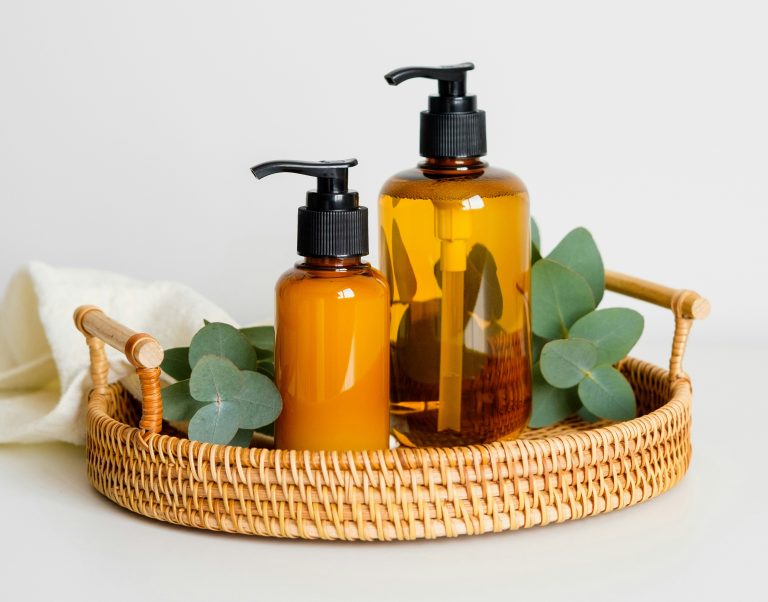Organic living extends beyond just choosing organic food; it’s a holistic approach to life that emphasizes sustainability, health, and well-being. It involves making conscious decisions that reduce environmental impact and promote the well-being of the planet and its inhabitants. Much like how new digital trends — such as the rise of engaging casino options like the colour bet game — reflect a shift in entertainment preferences, the move toward organic living represents a broader shift in lifestyle values, prioritizing nature, balance, and long-term sustainability.
At the core of organic living is the principle of making choices that support a healthier ecosystem. This includes everything from the food you consume to the products you use and the waste you generate. By opting for organic, individuals contribute to a system that nurtures the earth, preserves natural resources, and supports ethical practices in farming and production.
The Benefits of an Organic Lifestyle
Adopting an organic lifestyle offers numerous benefits, not only for personal health but also for the environment. One of the most significant advantages is the reduction in exposure to harmful chemicals and pesticides. Organic foods are grown without synthetic pesticides and fertilizers, leading to purer, more nutritious produce. This can lead to better health outcomes, including reduced risks of certain diseases and improved overall well-being.
Environmentally, organic farming practices are designed to protect and enhance the ecosystem. They promote soil fertility, conserve water, and reduce pollution, leading to a more sustainable agricultural system. By choosing organic, individuals support practices that prioritize the health of the planet, encouraging biodiversity and reducing the carbon footprint associated with conventional farming methods.
Socially, organic living promotes fair trade and ethical labor practices. Many organic farms and companies emphasize the humane treatment of workers and animals, ensuring fair wages and humane conditions. This holistic approach not only benefits consumers and the environment but also contributes to a more equitable world.
Common Misconceptions About Organic Living
Despite its growing popularity, organic living is often surrounded by misconceptions that can deter individuals from making the transition. One common myth is that organic products are significantly more expensive than their conventional counterparts. While some organic items may have a higher price tag, many affordable options exist, and strategic shopping can mitigate costs, as discussed later in this guide.
Another misconception is that organic products are not truly pesticide-free. While organic farming does allow for certain natural pesticides, these are typically less harmful than synthetic chemicals used in conventional agriculture. Moreover, organic certification involves strict regulations that ensure these substances are used responsibly and minimally.
Some people believe that organic living is only about food. However, it encompasses a broader spectrum, including personal care products, clothing, and home goods. Transitioning to an organic lifestyle involves making informed choices across various aspects of life to create a more sustainable and health-conscious environment.
How to Transition to Organic Eating
Transitioning to organic eating can be a rewarding journey for both personal health and environmental sustainability. Start by gradually incorporating organic products into your diet. Focus on replacing commonly consumed items like fruits, vegetables, dairy, and grains with their organic versions. Prioritize purchasing organic versions of the “Dirty Dozen,” a list of produce with the highest pesticide residues.
Planning meals around seasonal produce can also ease the transition. Seasonal organic produce is often fresher, more nutritious, and less expensive. Visiting local farmers’ markets can provide access to a wide array of organic fruits and vegetables while supporting local agriculture.
Educating oneself about food labels and certifications can further aid this transition. Look for labels such as “USDA Organic” or “Certified Organic” to ensure the products meet organic standards. Understanding these labels can empower individuals to make informed decisions and confidently embrace organic eating.
Incorporating Organic Products in Your Daily Life
Beyond food, incorporating organic products into daily life is a crucial aspect of organic living. This can include personal care items like soaps, shampoos, and lotions. Organic personal care products are formulated without synthetic fragrances, dyes, and other harmful chemicals, reducing the risk of skin irritation and other health concerns.
In addition to personal care, consider switching to organic textiles for clothing and home goods. Organic cotton, for instance, is grown without the use of toxic pesticides and synthetic fertilizers, making it a safer choice for both the environment and personal health. Look for certifications such as GOTS (Global Organic Textile Standard) when shopping for organic textiles.
Household cleaners are another area where organic products can make a significant impact. Organic cleaning products are typically made with plant-based ingredients that are biodegradable and non-toxic, ensuring a safer home environment. Making these changes not only supports personal well-being but also contributes to a healthier planet.
Conclusion: Embracing a Healthier, Organic Lifestyle
Transitioning to an organic lifestyle is a rewarding journey that offers numerous benefits for personal health, the environment, and society as a whole. By making informed choices and adopting sustainable practices, individuals can contribute to a healthier planet while enhancing their own well-being. Whether starting with small changes or fully embracing the organic way of life, each step is a positive contribution towards a more sustainable future.
As you embark on this journey, remember that every choice counts. Seek out organic options, support sustainable practices, and educate yourself continuously. Embrace the process with an open mind and a commitment to positive change. Together, we can create a healthier, more sustainable world for ourselves and future generations.


